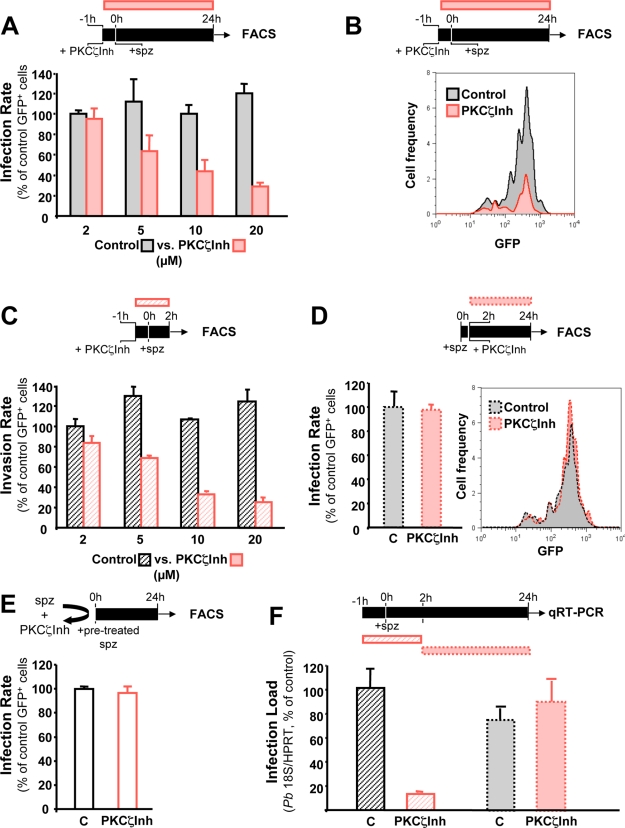Figure 4. Inhibition of PKCζ impairs invasion of host cells by Plasmodium sporozoites.
(A) PKCζ inhibition by PKCζInh decreases P. berghei sporozoite infection of Huh7 cells in a dose-dependent manner. PKCζInh was added to Huh7 cells 1 h before addition of GFP-expressing P. berghei sporozoites and infection rate was measured 24 h later by FACS. (B) PKCζ inhibition by PKCζInh does not affect EEF development. PKCζInh was added to Huh7 cells 1 h before addition of GFP-expressing P. berghei sporozoites and GFP intensity (proportional to EEF development) was measured 24 h later by FACS. (C) PKCζ inhibition by PKCζInh decreases P. berghei sporozoite invasion of Huh7 cells in a dose-dependent manner. PKCζInh was added to Huh7 cells 1 h before addition of GFP-expressing P. berghei sporozoites and infection rate was measured 2 h later. by FACS. (D) PKCζ inhibition does not affect infection after invasion has occurred. PKCζInh was added to Huh7 cells 2 h after addition of GFP-expressing P. berghei sporozoites and infection rate was measured 24 h later. by FACS. (E) PKCζInh does not affect infection by acting on sporozoites directly. Sporozoites were pre-treated with PKCζInh for 1 hour before addition to the cells and infection rate was measured 24 h later by FACS. All results are expressed as the mean±s.d. of GFP+ cells (%) in 3 independent infections. (F) PKCζ inhibition during the period of cell invasion by sporozoites. but not during their intracellular development period. leads to a decrease in infection. The infection rate was determined by qRT-PCR in Huh7 cells incubated with PKCζInh throughout different periods of the infection process. namely −1 to 2 h and 2 h to 24 h relative to sporozoite addition.

